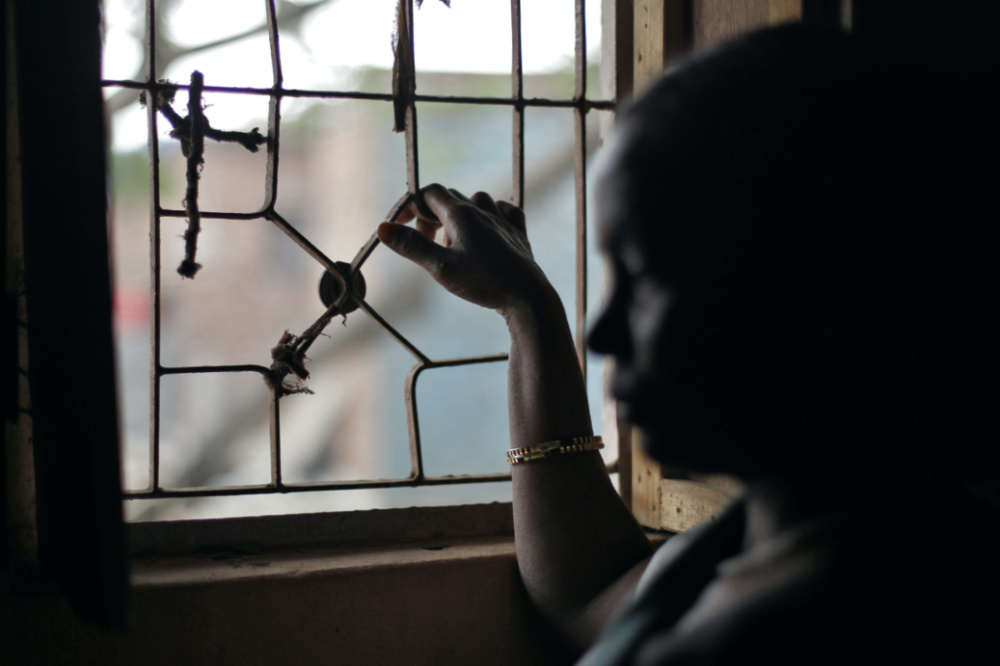Chennai, India
Thomson Reuters Foundation
Village councils and community groups in India have been asked to protect children from traffickers and help authorities identify and rescue missing residents, amid concerns that the coronavirus pandemic is pushing more people into modern slavery.
India’s home affairs ministry this month issued an advisory urging state governments to set up or improve local anti-trafficking units, and work closely with community leaders to warn people about traffickers taking advantage of the outbreak.

Theresa Kerketa, 45-year-old, poses for a picture at her residence on the outskirts of New Delhi, on 2nd November, 2012. Kerketa was working as a maid was rescued by Bachpan Bachao Andolan (Save the Childhood Movement), a charity which rescues victims of bonded labour. PICTURE: Reuters/Mansi Thapliyal/File photo.
Local councils may be asked to keep a register of villagers and track their movements to prevent children being “transported on a large scale for wage labour, prostitution and trafficking”, said the directive by the ministry’s women safety division.
State governments have also been tasked with launching anti-trafficking awareness campaigns, in addition to ramping up surveillance at bus stops, train stations and state borders.
“Generation of awareness at all levels is considered a very potent and effective weapon to fight the crime of trafficking and exploitation of women and children,” the advisory said.
The home ministry could not be reached for further comment.
As India slowly opens up after months of lockdown to control the spread of COVID-19, officials and activists fear countless people without work, food or money may fall prey to traffickers.
Debt bondage is likely to increase as people struggle to pay off high-interest loans while child workers may slip under the radar and return to work as industries re-open, charities said.
“Children or youth are more likely to be persuaded or tricked by criminals who will take advantage of their emotional instability and missing support system,” the advisory said.
Rishi Kant, founder of the anti-trafficking charity Shakti Vahini, said special measures and extra vigilance were necessary to combat the crime across India in the wake of the pandemic.
“Special committees under the leadership of village heads will have first-hand information on strangers in their neighbourhood or families that are in distress,” he told the Thomson Reuters Foundation. “Both will help prevent the crime.”
The federal government in March disbursed one billion rupees ($US13.3 million) to strengthen existing anti-human trafficking police units at state level and establish new ones along India’s borders with countries such as Bangladesh and Nepal.
About 2,400 human trafficking cases were reported in India in 2018, with nearly half of the victims aged under 18, according to the latest available government crime data.






